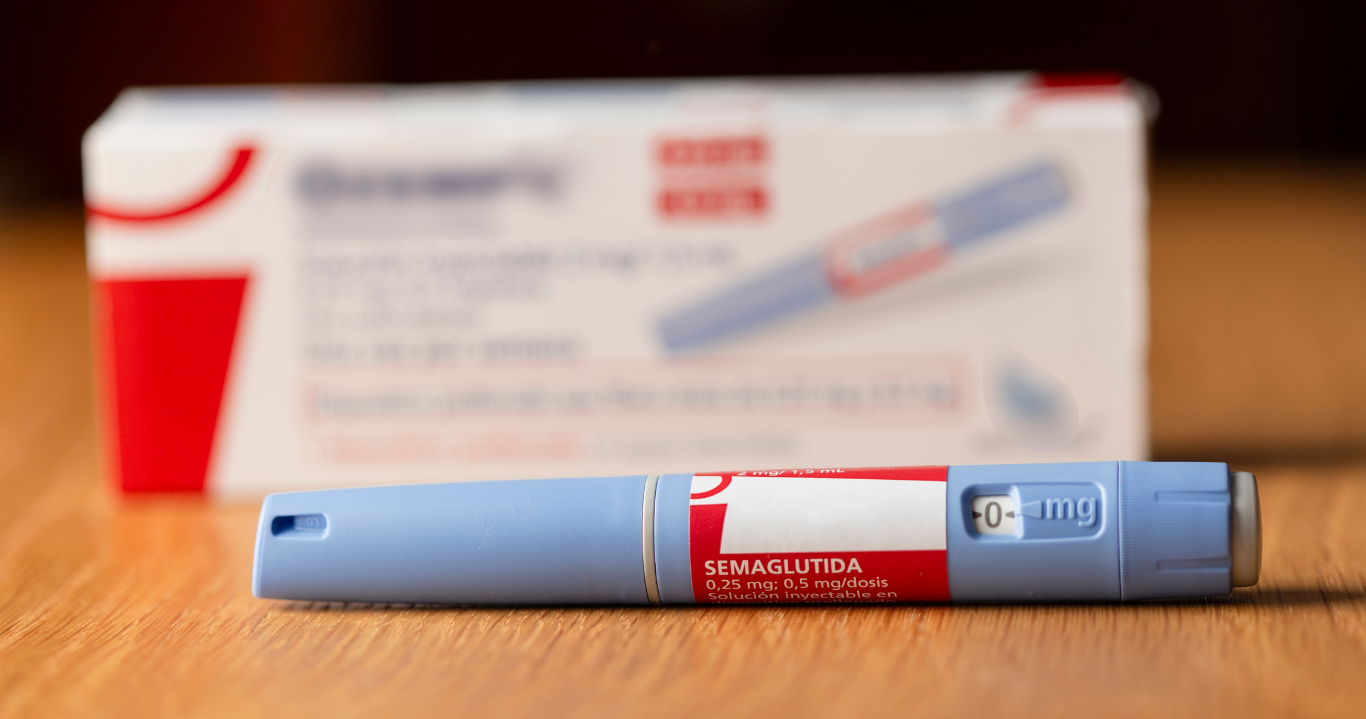In recent times, a controversial trend has emerged within celebrity circles, raising eyebrows and sparking debates regarding the use of Ozempic, a medication primarily designed for managing type 2 diabetes, as a tool for achieving a thinner and more youthful appearance. While Ozempic has been proven effective in treating diabetes, some celebrities have reportedly turned to the drug in pursuit of weight loss and anti-aging benefits. This article delves into the ill-advised use of Ozempic for non-medical purposes and the potential risks associated with this trend.
You May Like: Breaking Down The “Pretty Privilege”, The World is Obese and We Can’t Stop It.
Ozempic: For Diabetes or Obesity?

Ozempic, a medication initially approved by the Food and Drug Administration (FDA) in 2017 for treating diabetes, has been making headlines for its reported off-label use by celebrities, tech mogul Elon Musk, and influencers on platforms like TikTok. The drug, containing the active ingredient semaglutide, gained further attention when a higher-dose version was approved by the FDA in 2021 for treating obesity under the brand name Wegovy.
The Appeal of Ozempic for Celebrities and Influencers:
Celebrities, including Elon Musk, have publicly acknowledged their use of Wegovy, attributing their fit and healthy appearances to the drug. Tech mogul Elon Musk, when questioned about his physique, took to Twitter to reveal that he was taking Wegovy. This disclosure, along with mentions by media personality Andy Cohen and discussions within the entertainment industry on encrypted messaging platforms like Signal, has contributed to the drug’s increasing popularity beyond its intended medical use.
TikTok’s Impact on #Ozempic

Social media platforms, particularly TikTok, have played a significant role in amplifying the discussion around Ozempic. The hashtag #Ozempic on TikTok has garnered over 273 million views, with users sharing their experiences of purported medication-induced weight loss and exchanging stories about side effects. This digital exposure has fueled curiosity and conversations surrounding Ozempic, potentially influencing individuals to explore off-label use for weight management.
Expanding Options: Zepbound and Beyond:
Beyond Ozempic and Wegovy, the FDA’s approval of Zepbound in November 2023 adds to the growing array of medications gaining popularity for their weight loss effects. Zepbound, containing the same compound as the diabetes medication Mounjaro, provides an alternative avenue for those seeking pharmaceutical solutions to weight management. Additionally, there are ongoing developments in the form of pill versions of similar medications, expanding the options available for individuals looking to address weight-related concerns.
Off Label Use and Medical Perspectives:

The use of prescription medications for purposes other than their intended medical treatment raises ethical questions. Healthcare professionals emphasize the importance of responsible and informed use of medications to ensure patient safety. The glamorization of Ozempic for cosmetic benefits may contribute to the spread of misinformation and encourage unhealthy practices among the general public.
Tread With Caution:
The increasing trend of celebrities and influencers openly discussing their use of Ozempic and Wegovy for weight loss highlights the potential impact of social media on public perception and behavior. As interest in these drugs grows, medical professionals emphasize the importance of responsible prescribing and caution against off-label use without proper medical guidance. The approval of new medications like Zepbound further highlights the evolving landscape of pharmaceutical options for weight management, necessitating ongoing scrutiny and informed decision-making within both medical and public realms.
